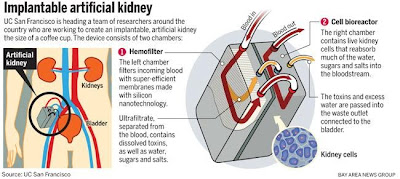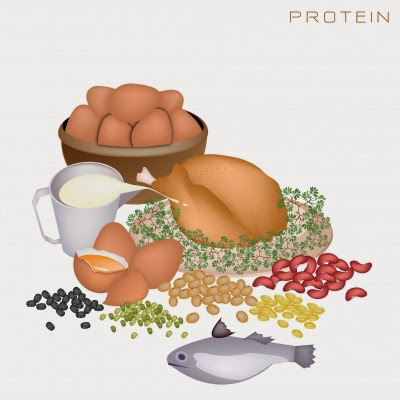How does contrast/dye given during a CT scan harm your kidneys? What can you do to prevent and minimize the damage?
Certain types of CT scans will often require that the patient get intravenous (iv) "dye" or contrast to make the organs stand out and delineate them better. This usually would lead to better images with greater sensitivity that help the radiologist in picking up features that would otherwise get missed. The downside however is that this very contrast could sometimes cause damage to the kidneys. The medical term for this is " contrast induced nephropathy " (CIN). What do you then do in a situation where iv contrast is necessarily required? Lets try and understand a few nuances about contrast-mediated kidney damage, and what you can do about it?








